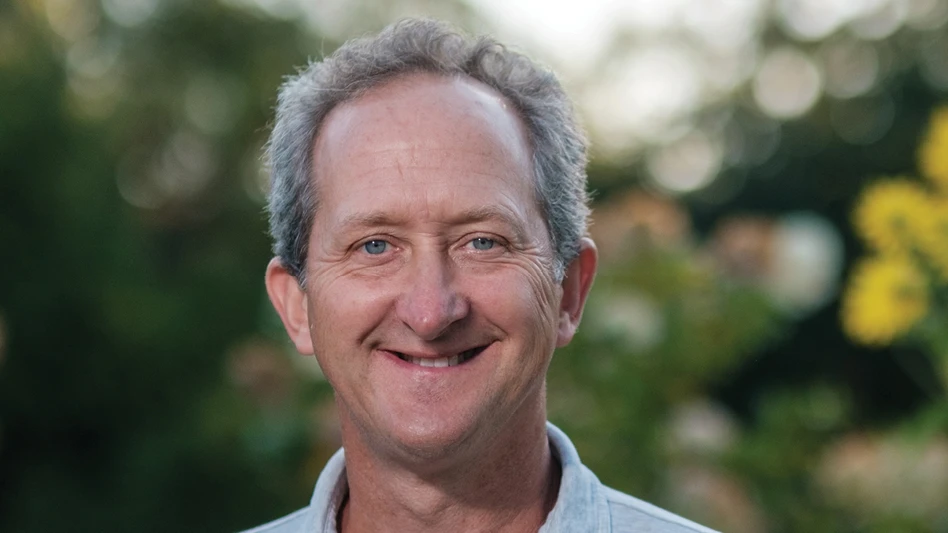
Photo courtesy of the city of Boston
On October 30, Boston mayor Martin J. Walsh morning joined the owners of We Grow Microgreens, elected officials and community members to celebrate Hyde Park's newest small business, which will bring healthy greens to grocery stores, restaurants and farmers markets across the City. The urban farm was made possible thanks to land made available by Boston's Department of Neighborhood Development and Community Preservation funds.
"I am proud of the City of Boston's commitment to the revitalization of this vacant land, creating a new farm and a new gathering space that all of Hyde Park can enjoy," said Walsh, per a press release. "I want to thank the owners of We Grow Microgreens for investing in Readville and their community. The involvement of many partners brought a new business, a new community resource, and a new farm and new life to this empty space."
Along with an acre of land, Boston's Department of Neighborhood Development (DND) also provided technical assistance to support the revitalization of the property with the greenhouse, hoop houses, and improved public access. The City included a permanent agricultural restriction on the deed to prevent the possibility of future development as anything other than an urban farm. Through its Grassroots program, DND assists those working in their community to increase local food growing opportunities and neighborhood open space.
"We are so grateful to forward-thinking Boston for recognizing the importance of growing food within the City limits," said Microgreens owners Lisa Evans and Tim Smith. "A farm is a significant feature for the City of Boston. We will produce the highest quality microgreens and edible flowers in order to help Boston fulfill its mission of supporting urban farming and increasing access to healthy, locally grown produce."
Last year, Boston awarded $134,700 in Community Preservation funds to We Grow Microgreens to create a public path to mitigate stormwater runoff and connect neighbors to the site. The Community Preservation Fund is capitalized primarily by a one percent property tax-based surcharge on residential and business property tax bills that began in July 2017 after voters adopted the measure in November 2016. The last round of CPA awards in February 2019 funded $34 million to projects across the city, including affordable housing developments and programs, parks and open space, and historic preservation projects consistent with statewide guidelines.
The Massachusetts Department of Agriculture Resources (MDAR) Urban Farming Program provided $60,000 for the purchase and installation of a commercial greenhouse.
Latest from Produce Grower
- Collaboration with Lubing brings CropKing NFT Channel to agriculture producers around the world
- Bug budget boom
- Find out what horticulture products were named to TIME Best Inventions of 2024 list
- Meeting the challenge of pest management
- After the storm
- 2024 trial standouts
- Cultural controls
- Don’t overlook the label





